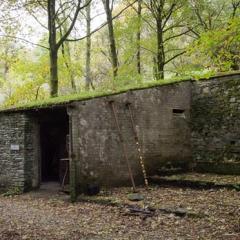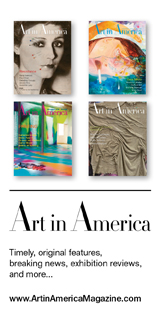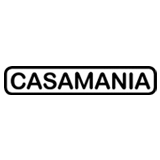Historic Merz Barn art studio could move from Lake District to China
News from the Web
A stone barn in the Lake District, which was the final studio of one of the 20th century’s most influential artists, could be moved to China if funding is not found to maintain it, its owners have said.
The Merz Barn in Langdale, Cumbria, was used by the German artist Kurt Schwitters, after he fled from the Nazis in 1940. The building became regarded as a pioneering piece of modernist art after Schwitters covered its walls in a distinctive collage of materials before his death in 1948.
While its wall of art was moved to the Hatton Gallery in Newcastle upon Tyne in the late 1960s, the barn is considered an important piece of the UK’s cultural heritage, with artists such as Damien Hirst, Antony Gormley and Bridget Riley all having made donations towards its upkeep.
The building’s owner, Littoral Arts Trust, has failed five times to secure funding from Arts Council England to maintain the building. Ian Hunter, the trust’s director, said on Sunday that, on the 70th anniversary of Schwitter’s death, it had been left with no choice but to put the building up for sale on the open market, where it is expected to reach about £350,000.
The charity said it had already received an approach from an unnamed Chinese multimillionaire art collector, who has offered to buy the barn outright and relocate it to their private collection in Shenzhen, southern China.
continue reading at the guardian.com
A Book on the Subject
Kurt Schwitters (1887-1948) was one of the most influential European avant-garde artists to come to prominence in the interwar years. Associated at various times with Dada, Constructivism and Surrealism, he produced paintings, collages, sound pieces, sculpture and installation works, as well as journalism, criticism, poetry and short stories. This book concentrates on Schwitters lesser known late works, made during his time in Britain, but sets the scene by recounting and summarising his earlier achievements. Forced to flee Germany in 1936, Schwitters took refuge first in Norway and then, after the German invasion of Norway, in Britain, where he was interned as an enemy alien in 1940 on the Isle of Man.
The last eight years of his life, spent in Britain, were in fact intensely productive. His British-period work included collages which utilised London ephemera and American magazines. This period also saw the development of assemblages and sculptures based on found organic objects, culminating in his last great sculpture and installation, the Merzbarn in the Lake District, itself a continuation of the concept of the Hanover Merzbau, one of the key lost works of modern times. The book sees Schwitters not as an artist in isolation but as part of a network, both inside and outside the camps, of other refugee artists and figures in the European avant-garde.
























